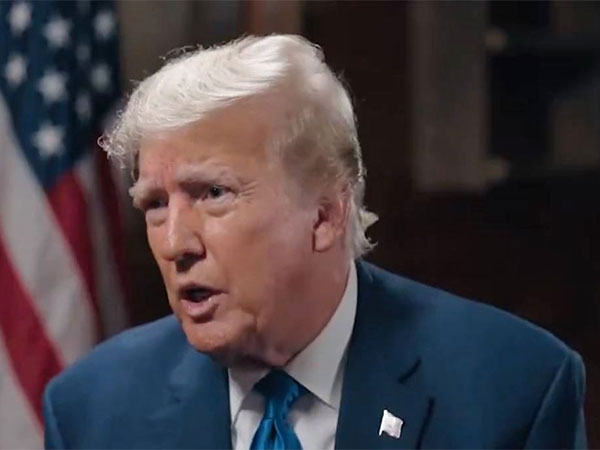Supreme Court Faces Unprecedented Trial Over Trump's Birthright Citizenship Policy
The U.S. Supreme Court is examining President Donald Trump's controversial executive order opposing automatic birthright citizenship. While the focus isn't directly on the order's legality, the case hinges on whether federal judges can issue nationwide injunctions. If upheld, Trump's policy could result in a divided nation regarding automatic citizenship.

The United States Supreme Court is set to review a contentious immigration issue this week. At the core is President Donald Trump's executive order aiming to restrict automatic birthright citizenship, a policy that has already faced legal obstacles in several states.
Federal judges in Washington, Massachusetts, and Maryland have moved to block Trump's directive, arguing it potentially violates the U.S. Constitution. However, the Supreme Court's examination might focus more on the authority of judges to impose nationwide injunctions rather than assessing the legal foundations of Trump's order itself.
This attention to the power of nationwide injunctions hails back to concerns about the administrative judicial process. Trump's administration believes limiting such injunctions could enable the broader enforcement of the executive order, although such an outcome might provoke further legal and social debates.
(With inputs from agencies.)
ALSO READ
Chris Brown's Nightclub Altercation: Accusations and Legal Challenges in London
Rahul Gandhi Calls Legal Challenges 'Medals' Amid Bihar Visit Controversy
Forest Fiasco: Telangana's Green Controversy Fuels Legal Challenge
Trump Administration Faces Multiple Legal Challenges Amid Domestic Policy Actions









